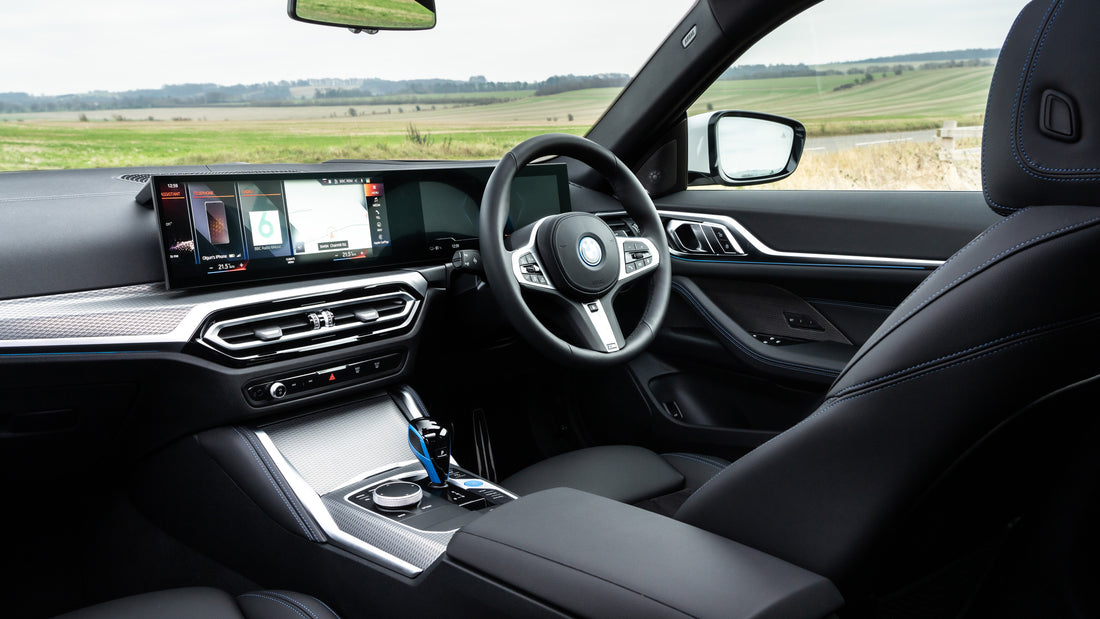
Can non tesla cars use Tesla charging stations
Key BrianShare

With the progress of science and technology, the popularization of electric vehicles has brought people a lot of convenience and is conducive to environmental protection. Similarly, the problems posed by electric cars are getting increasing attention.
Access to an extensive, convenient, and reliable fast charging network is critical to the increasing popularity of electric vehicles. But compared to Tesla cars that can use ubiquitous Tesla charging stations, other electric cars are inconvenient.
So we wonder: can non-Tesla cars use Tesla charging stations to avoid the embarrassment of not finding other charging stations on the road?
Tesla announced that it would open its Supercharger network to non-Tesla EV cars in November 2021, unfortunately, this list is limited to a select few countries in Europe in recent. Only the non-tesla drivers in these countries can use the Tesla Supercharge.
The pilot countries
- France
- The Netherlands
- Norway
- UK
- Spain
- Sweden
- Belgium
- Austria
- Denmark
- Finland
- Germany
- Luxembourg
- Switzerland
- Iceland
- Italy
Although in these countries, non-Tesla cars can be charged using Tesla charging stations. But not all non-Tesla cars can use the Tesla's charging network, which also has restrictions on cars.
The car types
The Cars meeting Tesla's charging requirements
This pilot is only accessible for CCS-enabled vehicles. If a Supercharger post has two cables, non-Tesla cars can only charge with the CCS connector. Tesla is unable to accommodate vehicles that do not fully comply with CCS communication and safety protocols. That basically rules out Nissan Leafs, some Lexus models and early Zoes. And the Hyundai loniq 5 and Kia Ev6 models are also unable to charge 250 KW Tesla Supercharge(v3), it seems that there is a communication problem between the charging station and the vehicle.
The charging steps
After knowing what non-Tesla cars can be charged with a Tesla charging station, here's whether a Tesla supercharger, let's get a deeper understanding of the charging steps of non-Tesla cars.
Without Tesla Superchargers
Non-Tesla drivers have to get special adapters or lower-powered, Tesla-made charging equipment to make it work. The drivers could charge their electric vehicles was by using a Tesla to J1772 connector. By getting a Tesla-to-J1772 adapter, non-Tesla drivers could charge from the wall connector which make it convenient to charge for non-Tesla cars, because the destination chargers are wall connectors made by Tesla that are installed at supermarkets, hotels, parks, and other places. This special connector allows non-Tesla to do Level 1 and 2 charging at any time. Concerning to the kind of Tesla-to-J1772adapter, there are sundry choices on the marketplace for non-Tesla drivers who can’t get to a Tesla Supercharger location. The more famous ones are Chargerman and Lectron. Each brand offers dongle-like adapters that use a thick cable, connecting the J1772 and Tesla sides effortlessly.
The only thing I prefer further is the new Tesla To J1772 Adapter from Chargerman, which is innovative in its style, followed by a small overall size than the iPhone X(5.7 ″). The point is that their contrivers have designed a latch to ensure the safety of using it when I've to leave temporarily.

With Tesla Supercharges
If you find the Tesla Supercharges, you could do as following steps to charge the non-Tesla cars.
- Download the Tesla app(version 4.2.3 or higher) for iOS or Android and create a Tesla Account.
- Select 'Charge Your Non-Tesla' and find your Supercharger site.
- Add your payment method, plug-in your car, select a stall and tap 'Start Charging.'
- Select 'Stop Charging' to complete your session.
The charging price
The charging price for non-Tesla drivers is impacted by various following factors.
Tesla and non-Tesla drivers
Compared to the Tesla drivers, the price for non-Tesla drivers will be more expensive includes the additional costs incurred to support charging a broad range of vehicles and adjustments to the sites to accommodate these vehicles.
Number
In addition, whether you are members will also affect the fee price. You can get a lower price if you charge regularly by paying a monthly membership fee. That’s currently £10.99 in the UK, and will save you between 10 and 20p per kWh every time you plug in to a Supercharger. Non-members can still use the chargers, but at a higher kWh price – 60p per kWh is the average.
Idle fee
There is cost to bear in mind too - if you still sit on a Supercharger when you are past a 100% battery capacity, you will be hit with an ‘idle fee’, which is taking of a rate of €0.50 per minute and could be up to €1 per minute if all the Tesla Supercharges are occupied. Because once the charging is complete, Tesla charges the high idle fee to avoid charging vehicles from occupying the position of the supercharger. These rules are imposed on all vehicle types, whether they are Tesla or not.
Time
The charging price as well as depends on when to charge。Depending on your energy package, certain peak usage times are more expensive than others. To reduce your costs even further, you can use apps like Optiwatt to help you maximize your battery life and minimize your electricity bill. And it will save the money if it is convenient for you to driving early in the morning.
Different stations
The prices for charging on the Tesla Supercharger network can vary from one station to the next. At the Wokingham site now, it was 61p per kWh. However, the next nearest site was in Uxbridge and was only 42p, or 28p with the membership. Bear that in mind it’s worth doing a bit of research if you are doing a trip that will pass two sites.
If Tesla's supercharger plans to continue, it will be more convenience for non-Tesla car drivers.